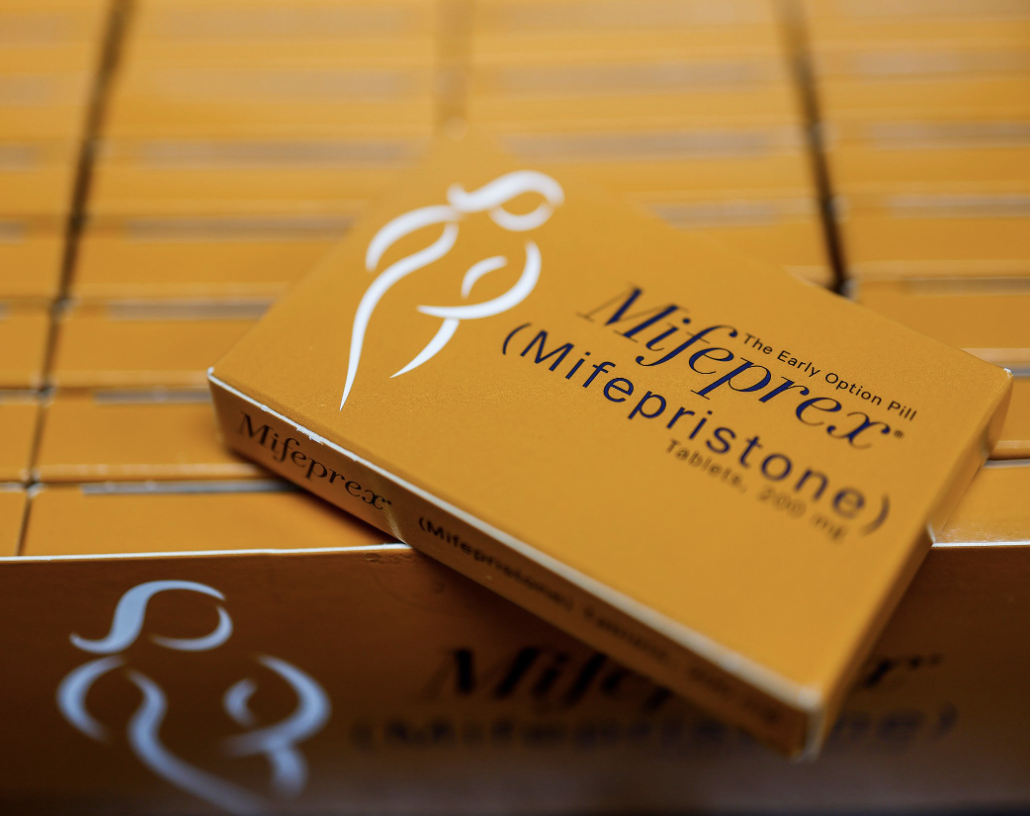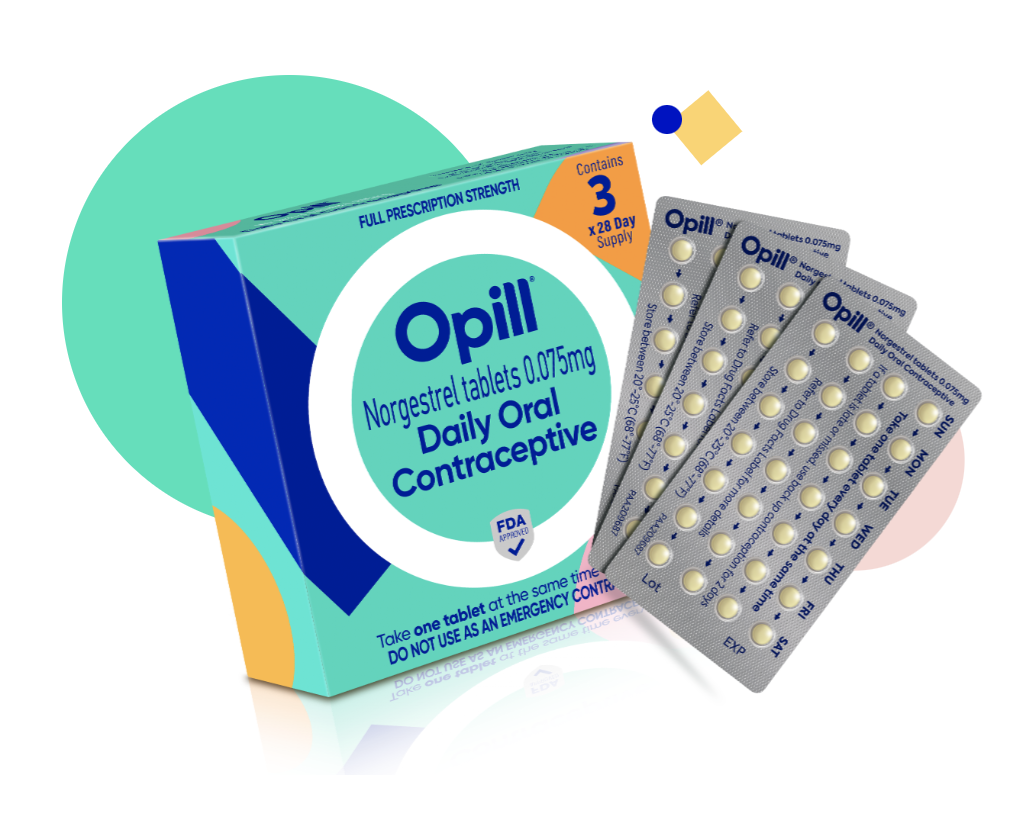
The Alabama Supreme Court’s recent decision, classifying embryos created through IVF as “extrauterine children,” has sent shockwaves through the nation. This decision has ignited a contentious debate that extends far beyond the borders of Alabama and Florida. Importantly, this legal development is not just a matter of women’s bodily autonomy. More broadly, these laws strike at the heart of evidence-based medical care and the ability of all individuals, regardless of gender, to make informed decisions about creating the families they desire.
Beyond Bodily Autonomy: A Universal Concern
While the “fetal personhood” debate is often framed around women’s rights—and rightly so, given its direct impact on women’s health and reproductive freedom—it’s crucial to acknowledge that this issue transcends gender boundaries. The restrictions posed by such legislation affect everyone. This includes all individuals who rely upon assisted reproductive technologies (ART) like IVF to fulfill their aspirations of parenthood. By potentially criminalizing the standard practices involved in ART, “fetal personhood” laws threaten to dismantle the foundation of evidence-based fertility treatment.
The Ripple Effect on Medical Practice and Patient Care
The implications of “fetal personhood” legislation extend into the realms of medical practice and patient care, presenting a daunting landscape for healthcare providers dedicated to offering comprehensive fertility services. The prospect of criminal liability for the routine handling and necessary medical decisions regarding embryos can have a chilling effect. This jeopardizes the careers and lives of medical professionals while also limiting access to vital treatments for those who wish to start or expand their families.
Advocating for Accessible and Inclusive Fertility Care
How do we move forward from here? We certainly need a concerted effort to advocate for laws that protect the integrity of evidence-based fertility treatment. Legislation must be informed by medical science and the real-world needs of patients, rather than ideologically driven agendas. Protecting ART means safeguarding the rights of everyone—women, men, and LGBTQ+ individuals alike—to access the care they need to realize their dreams of parenthood.
Upholding the Principles of Family Planning and Medical Freedom
As the debate over “fetal personhood” continues to unfold, it’s imperative that the focus remains on upholding the principles of family planning and medical freedom. Ensuring that individuals have the autonomy to make informed decisions about their reproductive health, free from legal encumbrances and fear of prosecution, is essential for a just and equitable society. The conversation must evolve to fully recognize and address the wide-reaching implications of these laws on all people who depend on ART to build their families.
Conclusion: A United Stand for Reproductive Rights and Health
The intersection of “fetal personhood” legislation with the broader issue of reproductive rights calls for a united stand to protect evidence-based medical care and the diverse needs of individuals seeking fertility treatments. As individual states navigate these complex legal terrains, the outcomes will undoubetly influence the future of reproductive healthcare in the United States. It is paramount that legislation and public discourse prioritize the preservation of medical freedom. Certainly, only by doing so can we ensure that the advancement of restrictive laws does not hinder the ability of all individuals to pursue the families they desire. In championing these values, we commit to a future where reproductive health and rights are affirmed and protected for everyone.

My name is Natalie Stentz. I am a board-certified OB-GYN and fertility specialist. I believe that women’s health matters and that optimal health starts at home with small changes applied over a lifetime.






Read the Comments +